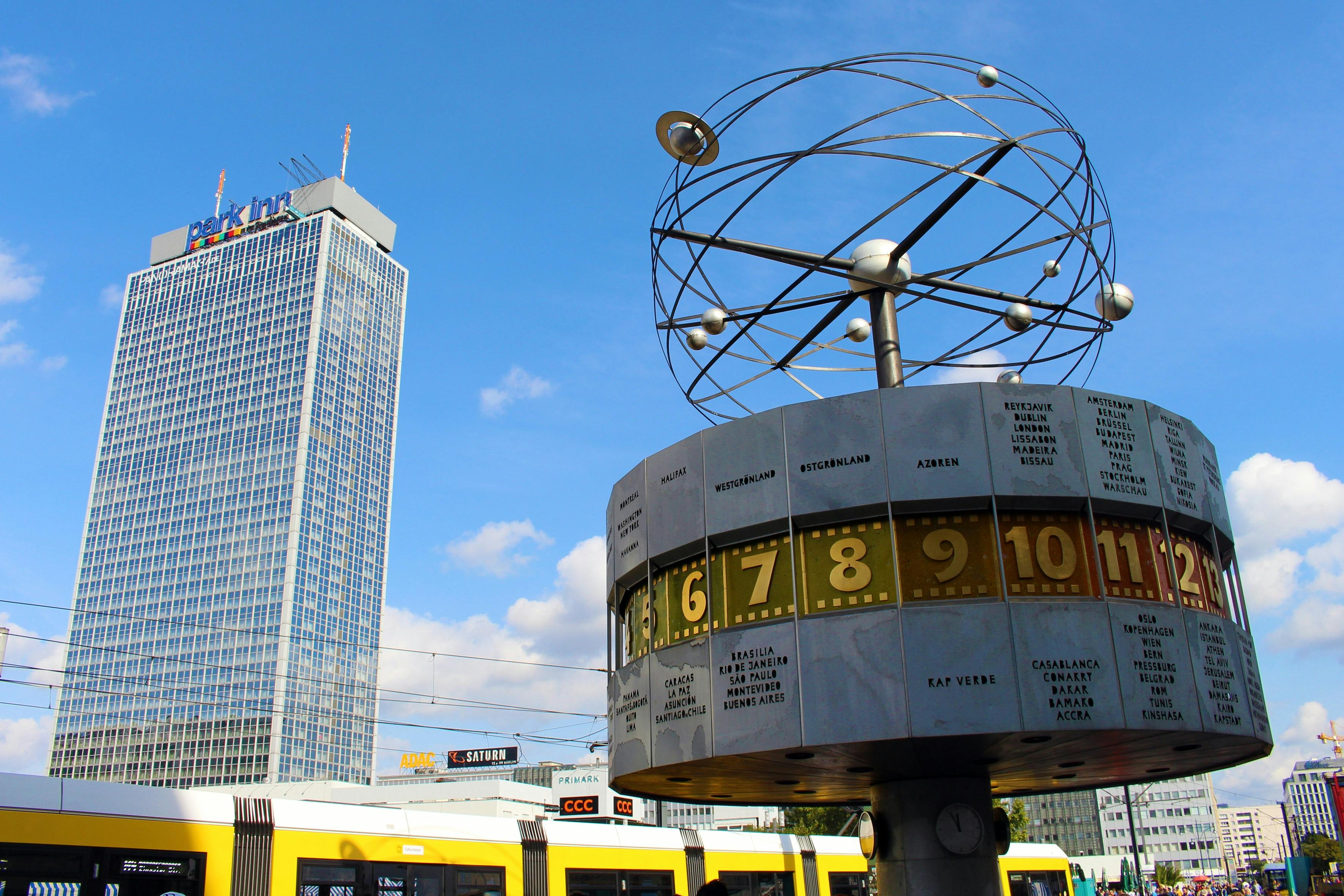School dodgeball ban: New Hampshire district halts ‘human target’ sports, citing bullying. Students attending Windham Schools in New Hampshire will no longer dodge balls during gym class. The school district voted to ban dodgeball and other “human target” sports in a recent 4-1 decision, according to multiple sources.
“We spend a lot of time making sure our kids are free from violence,” Windham Superintendent Henry LaBranche told the Eagle-Tribune. “Here we have games where we use children as targets. That seems to go against what we’re trying to achieve with our anti-bullying campaign.”
As adults, we spend a lot of time ensuring our children’s safety, and of course we take whatever steps are necessary to help them cope with and deal with bullying behavior in schools and in their community. But let’s take a look at what’s really going on here, and why we need to help our kids build greater resilience and learn to compete and build stronger social skills through something I call playing field politics.
When I was a kid on any given summer day I would leave my house early in the morning with a bat, a ball and a glove and play baseball until the sun went down. No supervision, just a gang of guys playing ball together. We had a couple bucks in our pocket, for a soda and a hot dog, we took breaks, we had other kids who wanted to play, we worked on our skills, we set our own rules, and we just generally had a great time. Do we all get along? Of course, no. Were there thugs among us? your bet Do we sometimes experience some fear and intimidation because of these bullies? We did it. But everyone stayed and played, we worked out our own problems, learned to get along and discovered a healthy pecking order on the field. What we learned in that field were lessons that lasted a lifetime. We all knew how to play the game of playground politics. I am not an advocate of bullying, nor do I believe that bullying is some sort of right of way. I believe that bullying is on the rise in part due to the inability of our children today to develop greater emotional resilience and solve interpersonal problems on their own. One of the goals of any anti-bullying program should be to empower the victim and provide them with the social skills necessary to function in an adult world. The superintendent of the Wyndham school district in New Hampshire wants to make sure children are free from violence; I agree. But, let’s work on the displaced anger of parents who are at a loss when it comes to teaching their children interpersonal skills and in that effort let’s take a stand, helping to eliminate the utter dysfunction that plagues our schools. Competition is healthy and children need to learn to compete in a healthy way. They learn from the competition. Banning dodge ball is just the beginning, there are many sports that could be seen as exclusive and potentially violent. Football, hockey, lacrosse, and even soccer can all involve bodily contact. Sports involve exclusion, or at least it is supposed to because someone has to win and someone has to lose.
Let’s take a look at what children can learn from playing the game of politics on the playground correctly, and how it can benefit them as they move into adulthood.
Life is not win-win – My daughter Grace was and still is involved with a traveling soccer team. Several years ago, at the end of the season, she and all the other members of the team received a trophy at an end-of-season party. Grace never missed practice, she went to every game and was the team MVP on top of that. She received an additional trophy due to this achievement. On the way home in the car, Grace told me; “Dad, you know about half the team missed practices, missed some games, and never really gave her best effort when she played. How do they deserve a trophy?” Well, how do they deserve a trophy? I really do not know. I know this though, not everyone is a winner. If that were the case, we wouldn’t have a Super Bowl, World Series, or political election. The playground politics game needs to reinforce the fact that there are those who are bigger, better, smarter and stronger and recognize those children for the abilities they have and not put them on the same level as everyone else. Because the ground really isn’t level. When I was a kid, I knew she didn’t have the same baseball skills as some of my teammates, I still respected her ability. The good feelings came because I worked, practiced and put in my best effort. Did the team always win? Of course, no. We lost a lot. Seeing the movie Moneyball really impacted me. Billy Beane, the general manager of the Oakland Athletics, put together a baseball team that in 2002 won twenty straight games. They went to the playoffs and lost in the first round. His heart and soul was in building a team on a shoestring budget, and he did it. But in the final analysis, he’s still trying to win the final game of the season, which would make the Oakland Athletics the World Series champions. Everybody doesn’t win. There are winners and there are losers. Losers lose for a variety of reasons and have to accept loss as part of life.
Competition is a good thing at any age: As adults, we compete all the time for promotions, academic recognition, and sometimes status. It’s part of life. Children need to know how to compete in the real world as soon as they enter the game of playground politics. Our society wants to eliminate games like dodge ball, tag, and even spelling bees because of the belief that it promotes exclusion and we don’t want kids to feel bad about it. Well, by cutting out the competition, kids will start to feel good about themselves for no apparent reason. They will develop an entitlement mentality and believe that the world revolves around them. They will not have a clear understanding of their own limitations and will begin to see competition as a threat to who they are as a person. Several years ago, a school district in northern New Jersey was faced with a dilemma. Six students had grade point averages that were so close that they couldn’t decide who was going to be the high school valedictorian. The simple use of a calculator could have helped determine who it was going to be. But due to fear of parental complaints and lawsuits, he guessed that all six students were named valedictorian. Parents and students feared competition and came back to believe that everyone wins.
Playground policy teaches respect for someone else’s ability: Some kids can run faster, jump higher, and are genetically better athletes and sometimes better students. Kids know on the playground that if the kid who was “IT” in the game of tag was the kid who ran the fastest in school, he wasn’t going to be “IT” for long. His speed was respected. The last thing we want to see is the best hitter on the baseball team hitting with the bases loaded. Children need to learn to be respectful and sometimes look up to those with greater ability than they are. By admiring I don’t mean feeling inferior to someone, but simply recognizing them as something that is unique to them. Children can become fearful and sometimes angry when they enter competition with someone who is more athletic or academically skilled than they are. The schools then eliminate the competition because they don’t want to affect the child’s self-esteem. This does nothing but set him up for a lifetime of jealousy and envy as they get older and just wish they were someone else.
Playground Politics teaches kids how to make friends: Kids want and need friends, but knowing how to choose friends is troublesome work for some. Games like basketball, soccer, and other sports teach children a sense of team play. I’m not talking here about sports that kids play in an organized way as part of a traveling league or as part of a high school team. I am referring to the games they play alone as part of recess during the school day. Most kids today haven’t been taught how to get organized, choose teams, and start a game. Putting together a pick-up game helps kids make friends; friends with similar abilities with whom they can play and compete at a reasonable level and encourage each other. I hate to say it, but once parents and coaches get involved in organizing kids, the sense of fun and friendship seems to disappear from the sport and kids seem to suffer from the frustration, anxiety, and strain of finishing that it is imposed on them. them by a trainer. That’s not what competition is about; it’s about camaraderie, encouragement and love for the sport they play.
The playground teaches balance and academic consistency: Today, in almost every state, children must pass a standardized test that determines their placement for the next school year. Not to mention the state funding the district receives if all the kids do well. The school has been trained so that teachers have to teach to the test, so that when spring comes and the test is administered, all students will have the academic skills necessary to pass. All fall and winter children are subject to what I call drilling and killing. Less and less time is spent moving and more and more time is spent in a seat. Recesses are shorter and student behavior has worsened. Children lose their balance and suffer from what I call a scarcity mentality. What this means is that time for movement is tight, so the student has to find a way to steal it during class time. Gone are the days when if a student finished her work, she could go out and play a game of kickball. Now, when the work is done, what the student has to look forward to is, you guessed it, more work. An abundance mindset teaches that at some point I will be able to move and play, so completing work on time will give me that opportunity. Students develop greater academic consistency and success by having time to engage in free play.
Training is not just about sports: if we want our children to develop professional social skills, we must train them in the game of life step by step. We need to teach them how to be graceful losers, develop friendship skills, how to compete respectfully and responsibly, and how to resolve interpersonal problems where room is left for productive conflict. This is not going to happen overnight. The bullying epidemic that today’s society is facing is a direct consequence of exclusion. Too much has been left out of our schools that helps teach children how to get along and develop the confidence and resilience to face their fears and understand how to function as part of a class, group, or team. This issue goes beyond the dodgeball story quoted at the beginning of this article. The Wyndham School District was possibly reacting to a parent complaint. Dodgeball only gave those who were bullies a chance to act. Discipline the bully then and let the rest of the kids have their fun.




